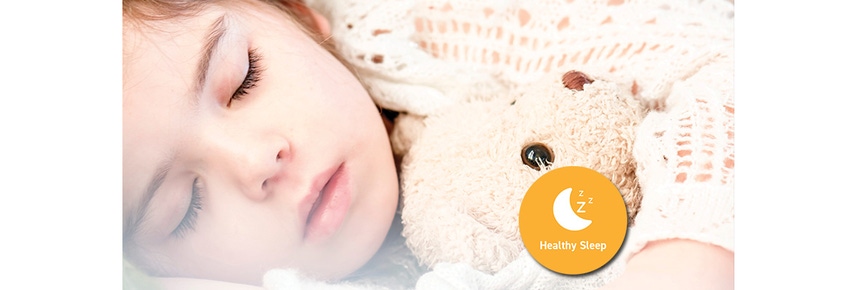
Active Play
Article: Rediscovering the art of playtime - think outside the activity box
Active play is an essential foundation for healthy growth and development with physical, behavioural, social and emotional benefits.
Current trends that steer child behaviour away from active play and towards more screen time, seriously jeopardise the establishment of these benefits, increase the risk of overweight or obesity issues and the potential loss of educational and social opportunities.
Physical activity is associated with better school performance, reduced levels of depression and anxiety and adoption of other healthy behaviours.1
Play - with objects, physical play, symbolic and musical play, make-believe and playing games with rules - is vital for developing our adaptive skills.
Spending time outside, particularly in natural environments, is associated with improved well-being measures and a reduction in stress. Similarly, even a walk in the park has been shown to be able to increase concentration levels and reduce challenging behaviours.
Children should be given as many opportunities as possible to engage in active play and discover what they enjoy. Something as simple as a family evening walk, or daily use of active transport, encourages good habits that are more likely to lead to active behaviour in adulthood. Outdoor play needs to be encouraged by both families and by wider society, with provisions being made so children are not dissuaded from being outdoors.
The Little People, Big Lives report recommends that children reconnect with:
- Active free play with friends outside
- The natural environment
- Friends in organised sports and interest groups
< Back to Little People Big Lives - Next Action Area: Healthy Sleep >

The latest nutrition advice, plus health and wellness tips delivered to your inbox monthly

